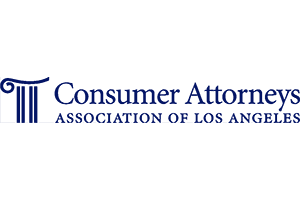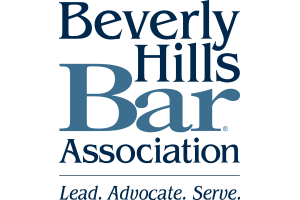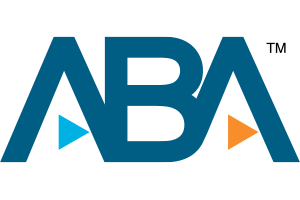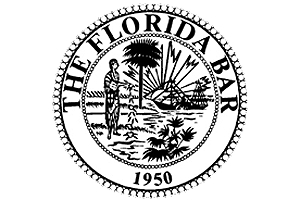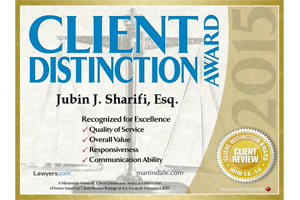In Southern and Northern California
Inadequate Maintenance
Los Angeles Attorneys for Claims of Inadequate Property Maintenance
Inadequate maintenance by Los Angeles property owners or businesses can result in accidents. Some common accidents based on a property owner’s failure to maintain his property in a safe condition include slip and fall accidents, animal attacks, swimming pool accidents, or third party attacks. If you are hurt because a Southern California property owner or occupier failed to maintain property and make reasonable repairs to problems as they arose, you should consult a knowledgeable Los Angeles premises liability lawyer. Premises liability cases can be challenging to prove and it’s important to retain an attorney with experience recovering damages for accident victims in this area of law.
Proving Fault for Inadequate Maintenance in Southern California
Many different property owners or occupiers are held responsible for injuries caused by inadequate maintenance, including apartment owners, condominiums, homeowners’ associations, retail stores, shopping malls, restaurants, bars, private landowners, municipalities, and the state of California. Liability is usually created where a property owner or occupier either created a hazard or knew or should have known about the hazard.
For example, the founding documents for a condominium usually assign some maintenance responsibility in common areas to the condominium rather than individual property owners. The condominium may have responsibility for making sure a swimming pool and game room are adequately maintained for residents. The condominium may also be responsible for making sure the parking lot is in good repair, and that other external surfaces are kept in a safe condition. If the stairs to the swimming pool are broken, causing a swimmer trying to get out of the pool in the deep end to fracture his or her ankle, the swimmer may sue the condominium for damages.
In that case, the swimmer’s attorney will likely subpoena the maintenance records for the condominium to determine whether the condominium actually knew about the broken stairs, whether there were any complaints from others in the condominium about the broken stairs, and whether the condominium had hired anyone to maintain the swimming pool. If the condominium had a complaint from others about the broken pool stairs, this would be proof of actual knowledge. A condominium that failed to do anything to repair the broken pool stairs would have inadequately maintained the swimming pool and could be held responsible for the swimmer’s injuries.
Compensatory damages can be recovered in inadequate maintenance cases. These damages include special damages, such as medical bills, lost income, and out-of-pocket expenses, as well as general damages, such as pain and suffering, loss of consortium or mental anguish. A defendant may try to shift some liability to the plaintiff through the doctrine of comparative negligence. For example, the swimmer in the example above might be found 20% responsible for not looking at the swimming pool stairs before trying to use them. If her total damages were $50,000, she would be responsible for 20% of $50,000 and could only recover $40,000 from the condominium.
In California, a property owner or occupier cannot escape liability for failure to adequately maintain the property by delegating the duty to an independent contract such as a maintenance company. A property owner has a “nondelegable duty” to maintain the property in a safe condition. This means, for example, that the condominium could not hire a maintenance company and blame that company if someone were injured due to inadequate maintenance.
Ask a Premises Liability Attorney in the Los Angeles Area
If you are injured because a Los Angeles property owner or occupier failed to adequately maintain property, contact our experienced premises liability attorneys to see whether a lawsuit is appropriate to recover damages. You can take the time to rest and recover knowing that we are skilled at building strong arguments on our clients’ behalf. We also represent accident victims in Riverside, Rancho Cucamonga, and Temecula. Contact us at (866) 422-7222 or via our online form for a free, no-obligation consultation.


